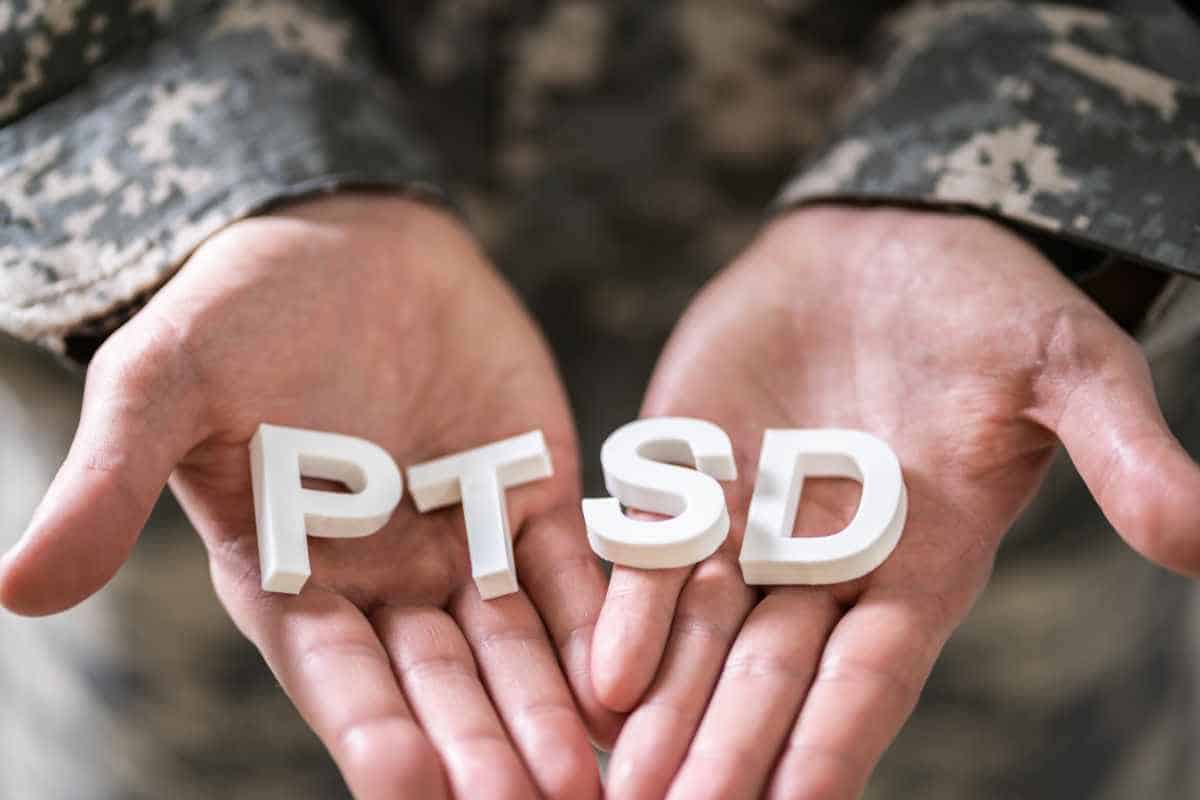Withdrawal is one of the biggest challenges that individuals face when going through recovery. It’s one of the reasons why so many people are scared to become sober, as the withdrawal symptoms are mentally and physically painful.
Drugs and alcohol change the chemical makeup of the brain. When a person abuses drugs, they can develop a significant physiological dependence, especially when consuming a large amount consistently. Many people who become dependent on a substance are at risk of experiencing unpleasant withdrawal symptoms when attempting to stop using their drug of choice.
Additionally, substances such as alcohol and opioids can be extremely dangerous when a person attempts to quit “cold turkey” or suddenly. Withdrawal symptoms can be significant and even life-threatening.
What Is Withdrawal?
Withdrawal is a combination of physical and mental effects that a person can experience after quitting or reducing their intake of a substance such as alcohol or recreational drugs.
Side effects of drug withdrawal vary to each person based on several things, including how long the person has been using for, what substances they’ve been using, and the amount they have been using. Some of the side effects individuals make experience may include:
- Irritability
- Nausea
- Diarrhea
- Abdominal cramping
- Muscle aches
- Restlessness
- Cravings
- Depression and anxiety
- Seizures
- Irregular heart rate
- Paranoia
- Hallucinations
- Short-term memory loss
- Suicidal thoughts
Heroin and Opioid Withdrawal Symptoms
Heroin belongs to the opioid class of drugs; therefore, many symptoms will be similar, if not the same. Although withdrawal from either heroin or other opioids is rarely associated with life-threatening complications, the symptoms can lead to immense physical and psychological distress, increasing the risk of a person relapsing. Acute opioid withdrawal syndrome can include the following symptoms:
- Nervousness
- Anxiety
- Restlessness
- Flu-like symptoms
- Nausea
- Diarrhea
- Hot and cold flashes
- Runny nose
- Muscle cramps, or severe body aches
Cocaine Withdrawal
When a person abruptly stops using cocaine, they may experience a severe negative effect on their mood. Although cocaine withdrawal is rarely dangerous, a dependent user can experience distressing psychological symptoms, such as:
- Depressed mood
- Nervousness
- Irritability
- Psychotic episodes
- Hallucinations
Alcohol Withdrawal
Although alcohol consumption is legal for those 21 years and older, it is the most consumed addictive substance in the United States. Those who have an alcohol dependence may be at risk of severe withdrawal and should never quit “cold turkey” as there is an increased chance of life-threatening symptoms. Those with alcohol dependence may experience the following symptoms:
- Insomnia
- Anxiety
- Agitation
- Nausea/vomiting
- Tremors
- Seizures
- Delirium Tremens
- Hallucinations
How Can I Manage My Withdrawal Symptoms?
As always, remember everyone’s journey is unique to them, as are the symptoms. Here’s a list of ways that can help you with withdrawal symptoms:
- Attend a Medical Detox Program. Going through withdrawal from any substance can be painful (both mentally and physically), but it can also be dangerous or fatal without proper treatment. Individuals can attend a medical detox program that can last 5-10 days on average that provides around-the-clock supervision with medical management for withdrawal. With the help of a medical professional, cravings and symptoms can be managed with medications, as well as medical support keeping patients safe.
- Exercise Regularly. When you exercise regularly you are helping your brain to release endorphins that can restore chemical balance-naturally. Exercise can also help reduce stress while also enhancing a person’s self-esteem. A study published in Frontiers in Psychiatry showed that individuals who engaged in regular exercise were able to minimize their chance of relapse and decrease compulsive drug use and cravings. There are many different forms of exercise that a person can enjoy such as weight lifting, going for a walk, or joining a yoga class, each one enhancing mental health and stability during withdrawal.
- Eat Nutritious Meals. Diet plays a huge role in improving your mind and body. When you consume meals that are rich in protein and essential vitamins you are helping your body to restore healthy brain functioning. When you consume alcohol or substances you are depleting your body of what it actually needs, therefore preventing your from running efficiently and to its full potential. Try introducing nutrients that help to expedite healing such as fruits, vegetables, healthy fats, and proteins.
- Get Adequate Sleep. A good night’s sleep is crucial. Proper amounts of sleep can help with healing and emotional health. When your body is well-rested, you are able to think clearly and help control your mood swings and cravings.
- Join a Support Group. Being around others who understand what you’re going through creates a safe space for you. Joining groups similar to 12-Step programs can offer individuals encouragement and tips to new members from those who have gone through withdrawal. Receiving support during withdrawal can help minimize the risk of relapse.
Having support throughout your recovery is crucial. Finding a detox facility that understands what you’re going through during your withdrawal period and who can be there to successfully manage your symptoms will help you immensely during this difficult time. At Sober Life Recovery Solutions in San Diego, California, we offer an assortment of programs to meet your needs. If you cannot make it to a facility, we offer substance abuse and recovery care through our Virtual Intensive Outpatient Program. Our facility provides both inpatient and outpatient care assisting those struggling with not only substance use disorders but mental health disorders as well. You do not need to go through recovery alone. Withdrawing from a substance can be life-threatening. Reach out to Sober Life Addiction Recovery today to learn how we can help you during this difficult time. We understand addiction because we’ve been there too. Don’t wait any longer. Call (619) 542-9542.













